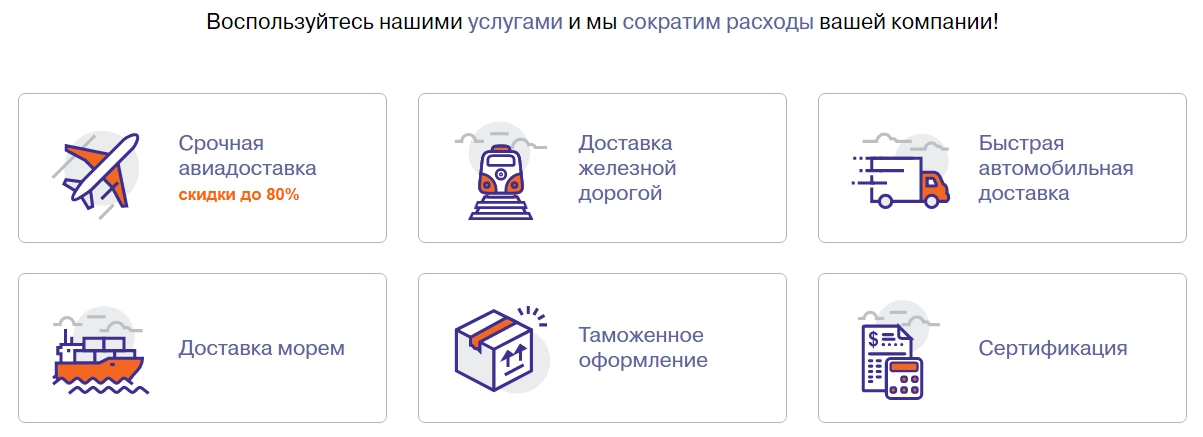How Automated Solutions are Reshaping Freight Shipping
How Automated Solutions are Reshaping Freight Shipping
Blog Article
The distribution sector, particularly freight movement, is witnessing a remarkable transformation, driven by the relentless advancement of automated technologies. As companies vie for optimization and rapidity in delivery approaches, mechanization positions itself at the leading edge of this shift, reshaping how products are transported across the world. From self-driving vehicles to smart surveillance technologies, the evolution of this sector is unmistakable, delivering major improvements in efficiency, reliability, and affordability.
Redefining Efficiency with Mechanization
At the center of this AI-driven boom lies the integration of mechanization in shipment transport systems. Old-fashioned techniques often struggled under the weight of lagging processes and manual inaccuracies. However, modern self-operating technologies deliver intelligent strategies that streamline processes.
One noteworthy advancement is in the domain of aerial delivery, where autonomous technology facilitates in handling multi-layered distribution processes that involve pathway optimization and air navigation control. This not only speeds up the workflow but also enhances reliability by reducing potential operator mistakes.
Advanced monitoring capabilities are another advantage. Today’s innovation allows for instantaneous tracking of packages, which ensures organizations and clients aware about the whereabouts of their products 24/7. This visibility is invaluable in building trust and dependability in cargo shipping solutions.
Cutting Expenses and Simplifying Border Clearance
Automation extends into the detailed workflows of border control authorization, historically a bottleneck for shipment transport due to its multifaceted regulations and likely hold-ups.
Modern automated frameworks equipped with data-driven insights technologies can rapidly evaluate large volumes of documentation and validate compliance with legal frameworks faster than ever before. This cutting down in time cuts down on operational expenditures substantially, showcasing a tangible financial advantage that organizations can utilize.
Revolutionizing Supply Chain with Advanced Analytics
Moreover, the implementation of data analytics reinvents the method toward cargo handling and customs. By analyzing past records and real-time market shifts, machine-driven frameworks anticipate bottlenecks and streamline operations to be more predictable and efficient.
Businesses observing real-time data can make informed decisions that inherently minimize risks associated with customs delays.
The Environmental Perspective
Automated technologies also contribute positively to environmental preservation in shipment movement. More optimized and well-planned navigation optimization lowers excessive fuel consumption and cuts down harmful emissions.
Automated transport vehicles are steadily compatible with alternative power solutions and battery-powered energy, integrating logistics shipping activities with broader sustainability initiatives.
Improving Client Satisfaction
The self-operating system improves not just logistical efficiency but also consumer loyalty. The ability to observe deliveries in real time, experience minimized hold-ups, and appreciate lowered costs enhances client experience greatly.
Fast, transparent, and optimized shipping systems are more expected to build repeat business and ongoing business, demonstrating that modern advancements is indispensable in present cargo transport frameworks.
Furthermore, as machines execute repetitive operations more efficiently, organizations can allocate workforce resources to sectors needing problem-solving and planning, thereby elevating operational quality as a whole.
Facing Ahead: The Automated Future
The transformative effect of automation in freight delivery ensures an dynamic future for logistics. As organizations proceed to harness these systems, they enhance their industry standing by offering more efficient, safer, and more affordable transportation methods.
Eco-conscious advancements further expand the value of AI-powered frameworks, integrating industry methods with sustainable initiatives.
An Innovative Phase in Cargo Delivery
In summary, the integration of automated systems in shipment delivery introduces a vast array of prospects aimed at transforming shipping not only more efficient but also more safe and less expensive.
The tactical application of data-driven insights in streamlining customs procedures further highlights the effectiveness of automated frameworks in reshaping traditional cargo transport industries.
Automation: The Future of Freight Shipping
Freight shipping is moving decisively into a progressive phase driven by self-operating systems—a reflection to society’s relentless pursuit of advancement.
With continuous innovations, the potential to reshape worldwide commerce dynamics continues, signaling an hopeful roadmap towards an unified and well-structured horizon in freight transport.
To read more about avia dostavka check this popular web site: visit site.